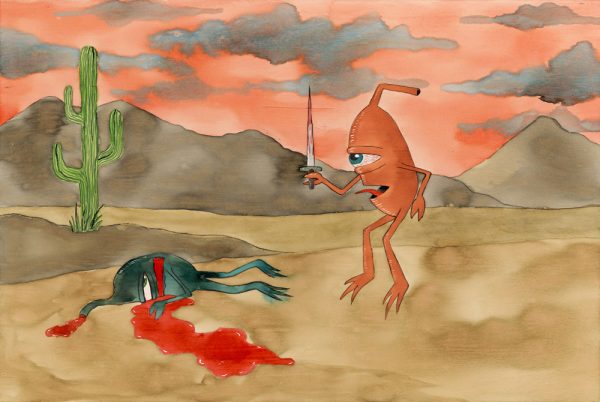This is an older unpublished interview with Ed Templeton from the “Good and Evil” days.
Interview by Thomas Reitmayer
What have you been up to lately?
I have been preparing two art exhibitions, one in Vienna, and one in Belgium. I had to paint, and get tons of photos printed and framed. It’s a big task sometimes! And I have to do all of this while continuing to keep Toy Machine running, doing ads and dealing with the team and their needs. And my wife has needs too!
The art exhibition in Vienna you just mentioned, Americans, was quite high-brow. Your photos were next to photos of artists such as Robert Frank, Diane Arbus, and Richard Avedon. How did this happen?
It’s crazy really. I was asked by my gallery in LA to do an installation for an art fair they were doing in Madrid, Spain. An art fair is just like the action sports trade show, but for art. So it’s a huge exposition center filled with booths where galleries set up a temporary gallery space. I went there and set up a big show, covering the walls with photos, over 200 pieces. By chance the curator of the Americans, Peter Weiremar was at the fair, and walked by the booth and took a look. He was so impressed that he proclaimed, “I want this guy in the Americans!” He didn’t know who I was, or that I was a skateboarder, or anything I have ever done in the past. It was his first time seeing my work. I think it’s crazy to pick someone for such a big show on only one thing. But I guess he was sure after seeing my photos.
I remember you explaining your photography to a group of people, half skateboard kids and half art crowd, and you seemed to be kind of shy and uncomfortable.
It’s scary to talk in front of people. I get very self-conscious. I much prefer answering questions or explaining certain photographs to just doing a lecture. I want to interact with people, and make it informal.

Do you sometimes get the feeling that certain people are only interested in your art because you are a professional skateboarder? Or, the other way around, do the “serious” art peeps not take you seriously enough because of that?
It goes both ways. There are in fact people who like my work because I am a skater, and the only way they could have heard of me was through the skateboard community. I am fine with that. I don’t think I have been dismissed because I was a skateboarder by the art establishment, or at least not that I know of…
I think the work speaks for itself. I don’t advertise the fact that I am a pro skater, so it is possible for a person to see a show and leave having no idea I skated. They may wonder why there were so many young kids with skateboards at the show.
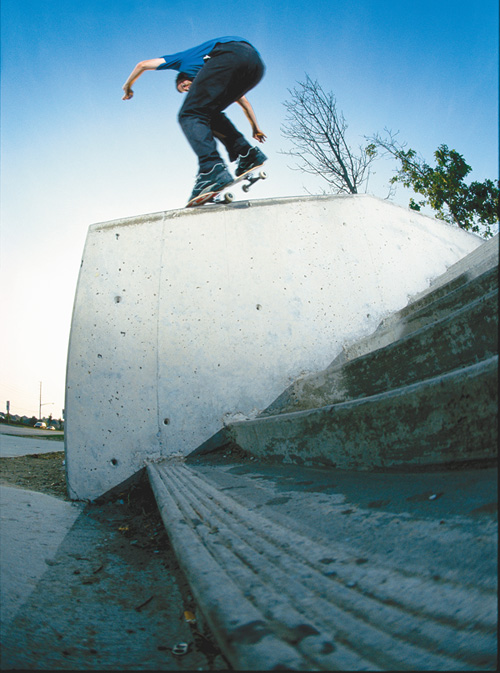
You are 34 years old now, and you’ve had your first solo exhibition in 1994, one year after you started Toy Machine. At this age, do you think about a life after skateboarding, as cheesy as it might sound?
I thought about life after skateboarding before I turned pro! I advise all of my team to do the same. I think it is a tragedy if you are placing your whole life on being a pro skater, because the reality is you will not be a pro skater when you are 40. You will have 40 to 50 more years of life to live! What will you do with the rest of your life? Now I can’t say that I had my life all planned out, but I always worked towards doing something creative with my life after skateboarding, and this is where I turned up! So for me life after skateboarding will be doing my company, Toy Machine, working with RVCA clothing as a graphic designer and magazine editor, and doing my artwork. I get to continue having my feet in both worlds.
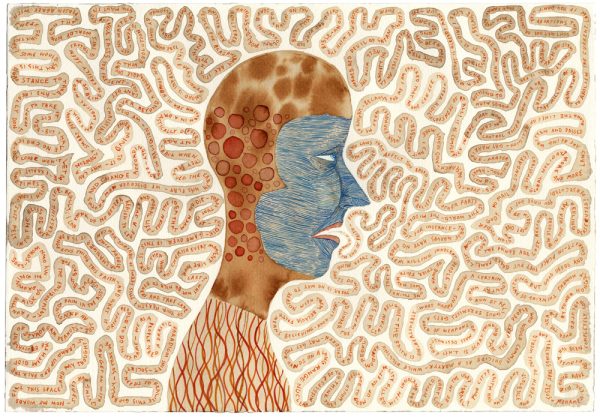
You turned pro when you were 18. Do you feel that the professional side of skateboarding has taken away some of the fun?
Yes, but only in recent years. Up to 1997 – 98 it was still pretty much 100% fun. Of course there were the regular responsibilities of doing demos and contests, but around 1999, 200, 2001 it started getting real intense. Money started coming in from the mainstream, and rider salaries went up. All companies started wanting to do videos. So as a pro, it became important to be constantly filming. You need to be traveling and getting footage at all times. It became more important than contests, and demos. If you are not filming a part for your shoe sponsor, you are filming one for your board sponsor or your clothing sponsor. It never ends. On top of that, all your sponsors need a steady flow of photos of you. Not only in the magazines but also for their ads. So where you used to have time to relax, you now have to travel and be doing something every single month of the year, not get hurt, and be sure that every part you do is better than your last one! To answer your question simply, in any line of work, once you are getting paid to do it, it changes. The fun of just skateboarding will never change. Just the job part has become less fun. You can’t fuck with pure skateboarding.

How do you see the current state of skateboarding, with all of its positives and negatives? In which way does it differ from the New Deal days of the early 90s?
Mostly what I said above applies here. In 1990, video was not even part of the picture. It was coming real quickly though. I remember for my first video part in 1990, the “New Deal 15 minute promo video,” they called me up and said, we will be by your house this weekend to film your part! I got two days. In 1990 you didn’t call up a photographer and tell them what you were going to do, they called you and asked to come out skating with you, and they shot whatever you were doing. Everything was new and being discovered. I am not bitter about these changes at all. I love it. Skating is always changing and evolving. Those were good days, and these ones we are living are good days too.

Way back when, your pro model on Sheep was something like the first Vegan skate shoe ever. Now I know how easy it is these days to live vegan, but I am wondering what it must have been like trying to find some vegan grub on tour in the early 90s…
It was pretty hard! I remember going vegan and the soy milk tasted like shit. Vegan ice cream? No way, it didn’t exist. Those early years were pretty rough. I ate a lot of Taco Bell bean burritos, and shitty iceberg lettuce salads from restaurants. We would bring a cooler in the van. When we did find a health food store we would stock up on veggie burgers and stuff. When the team was eating at Red Lobster, I would be in the van making a sandwich.
Who or what made you consider veganism in the first place? Do you consider yourself a role model for the kids? You’re a “famous vegetarian” and all that stuff…
My friends Mike Vallely and Christian Kline got me interested in Veganism. Since then Mike V has reverted to being a carnivore. I started off doing it for animal rights. Once I read the literature on the subject I couldn’t go back. And now, over a lifetime of eating this way and learning, it is as much about being healthy as it is for animal rights. Again, I don’t advertise my Veganism, and it does not define who I am. To me it is just the only logical and compassionate way to eat, but it is just food choices. Having said that, I get asked about it all the time in interviews, so I am always talking about it. If I am a role model, that is fine. I am happy to be a role model toward something I see as a positive way to eat for your health and the planets’.
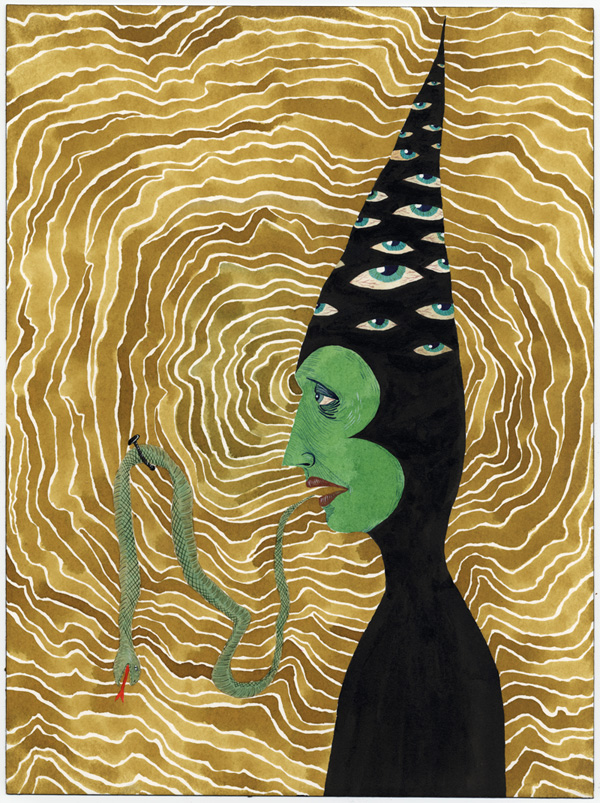
This is something I’ve always wanted to talk about, but I rarely – if ever – see it mentioned in interviews… you have said numerous times that you have a DIY hardcore punk background. Please elaborate.
I say that because I started skateboarding, and the only people who accepted me at my school, this was 6th grade, were the punks. They had skateboards, I had a skateboard, and so I could hang out with them. I wasn’t a punker. I was just a dorky kid. These kids let me hang with them, and gave me mixed tapes of the Dead Kennedy’s, the Germs, and Black Flag. I went to the punk mini ramp near my house and they owner always played Minor Threat full blast. This time is when I became a real person. Before I was just a lost kid, with no real friends. I was entering a whole new world of music and skateboarding. My punk friends’ rooms were covered with flyers for punk shows, they drew pictures from album covers on their school folders. Skaters and punkers were a do it yourself group. The kids organized their own punk shows and made their own flyers, and punk ‘zines. Skaters made their own ramps, own skate ‘zines, organized our own sessions at different skate spots, and even organized a few local skate contests. Soon enough I was making my own ‘zines, and going to see Fugazi…
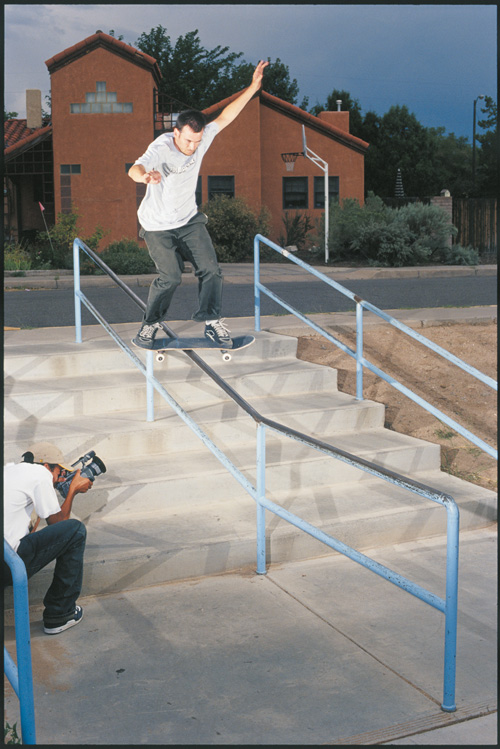
Do you still follow the contemporary underground music scene? Is there a chance that some young skateboarder would find himself standing next to Ed Templeton at a basement show? What is some of the stuff you currently listen to?
Yes! You could see me at a basement show. I have gone to this place called the Smell in LA; they book a lot of very small experimental bands. I like some of the noise music coming out of Providence, Rhode Island, and my friend BARR just got signed to a major label. I am always looking for new music, although I have grown very picky with what I really like. I still follow Sonic Youth and Fugazi, although Fugazi is broken up and I don’t see a comeback anytime soon. But Ian has a new band, The Evens that is very good, and I still jam out to all the old punk stuff like Husker Du, Germs, Bad Brains, etc. Classic rock, classical, anything that is good, regardless of it’s label, you know?
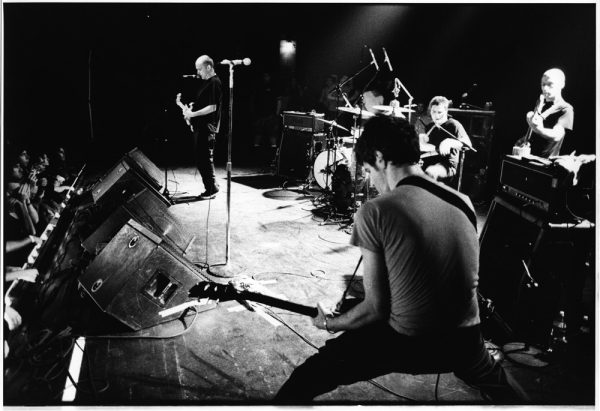
Let’s talk about Toy Machine. In which ways has it changed since you first started it?
Not much. In the early days it was just about not caring at all. Doing something totally different, and trying to be funny. There was no care what went into an ad, or graphic. Because of the aforementioned changes in skateboarding as a whole I have to be a little bit more thoughtful about what goes into an ad or graphic. It’s still the same attitude, just a slightly different approach. Team choices are more important too. That changed during the Welcome to Hell days.

The current Toy Machine team is pretty bad-ass, with the likes of Billy Marks, Josh Harmony, and the Butcher on your roster. Yet some people still seem to miss the “glory days” of Jamie Thomas, Chris Senn, and Bam. What do you think about that? What’s your relationship with these people like today?
I still talk to Jamie Thomas pretty often; we have some of the same riders on Fallen and Toy. I still talk with Brian Anderson once in a while, and e-mail with Brad Staba all the time. Elissa calls me late at night drunk at least once a month. When I see Muska, Bam, or Chris Senn it’s like old times, everything is cool. I take great care to be people’s friends first, and boss second, so when people want to part ways, it is all done with honor, and I can see them and still be friends. Those were some good old days, but Good and Evil and Suffer the Joy will be the good old days to this generation…

I think especially someone like Bam Margera is all over the place, and kids just go nuts over him. Do you sometimes feel that you could have been in his shoes, with a fat bank account and lots of fame?
I have thought that. And if I pursued that path I have no doubt I would have a show on MTV right now too. I was hanging out with the Big Brother guys when Jackass was being planted as an idea. I could have easily been involved with that show. But I kept my feet more in skateboarding and artwork. The money part of those jobs sound nice, but I don’t want to be all over TV selling ad space for giant companies that I hate. And fame. Instant fame comes quickly and goes just as quickly. Fame without a base of respect means nothing, it’s temporary. To me, someone like Robert Frank is famous, and very respected. His fame isn’t going anywhere. They teach him in art history classes. They will never teach Bam Margera.
Going back to the art aspect a little bit, how do you feel about Toy Machine being regarded as some kind of a company for younger kids? Does this bug you?
Not at all, that means it’s successful! If only 28-year-old dudes are buying Toy Machine, I am in trouble! It’s a skateboard company. Young people skateboard. When I make ads I think about 15-year-old boys and what they will think is funny, or great. And I also keep in mind that some older skaters will see the ads, and I try to put something in that will make them laugh too.
You’ve always designed your own boards. How much of an impact do your team riders have on the graphics? Is there something you would never print for them? Or do they even care at all?
My guys are involved in whatever way they choose to be. If they have an idea for a graphic, I try to make it happen, or get someone who can. Other riders just say, “I like this or that.” And I try to come up with something along those lines. Lately I have been asking artists friends to do a whole series, and then we let the artist decide what we all are getting. So it goes both ways. If a rider brought me a graphic that I thought was terrible and wouldn’t sell, I will tell them. But ultimately, it is their decision.
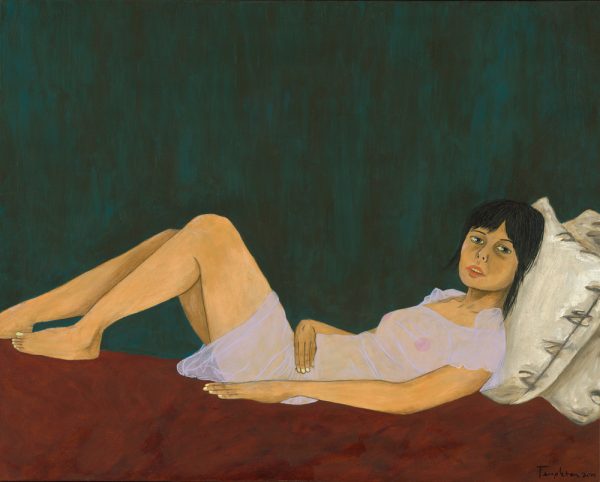
I was asking this question because there are a lot of sexual components in your photographs. Do you consciously try and separate this kind of imagery from what Toy Machine stands for?
I think what I do for Toy Machine and what I do as an artist is very different. Of course some elements of what I do are inappropriate for the skateboard audience, and I keep that separate. I have had some strange cross over. One time in New York I was doing a show and a young skater kid came in with his mother. They looked around, and then I saw them arguing. She was shocked! The kid came up and told me he was expecting drawings of characters like the stuff in Toy ads, but really liked what he saw, but his mom was very angry, and he had to leave.
Do you even feel that you do – or have to – separate your art from your skateboarding career?
I do feel that. Only because I don’t want to be an artist with a gimmick, like, “Hey everyone! I’m the artist who is a pro skater!” So I separate it for the art audience, I don’t have to separate it for the skate audience, because they already know. My artwork wouldn’t be here without skateboarding, and the person I became through skateboarding. That is inseparable.
– Interview by Thomas Reitmayer
For more of Ed Templeton’s photography check out his website:
Ed Templeton’s Traffic Jam on the Information Super-Highway

